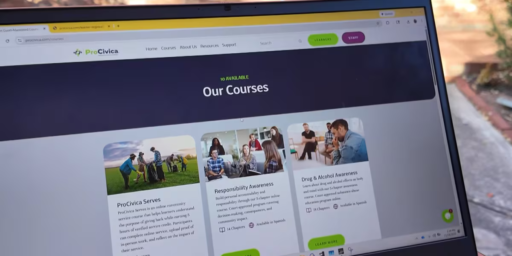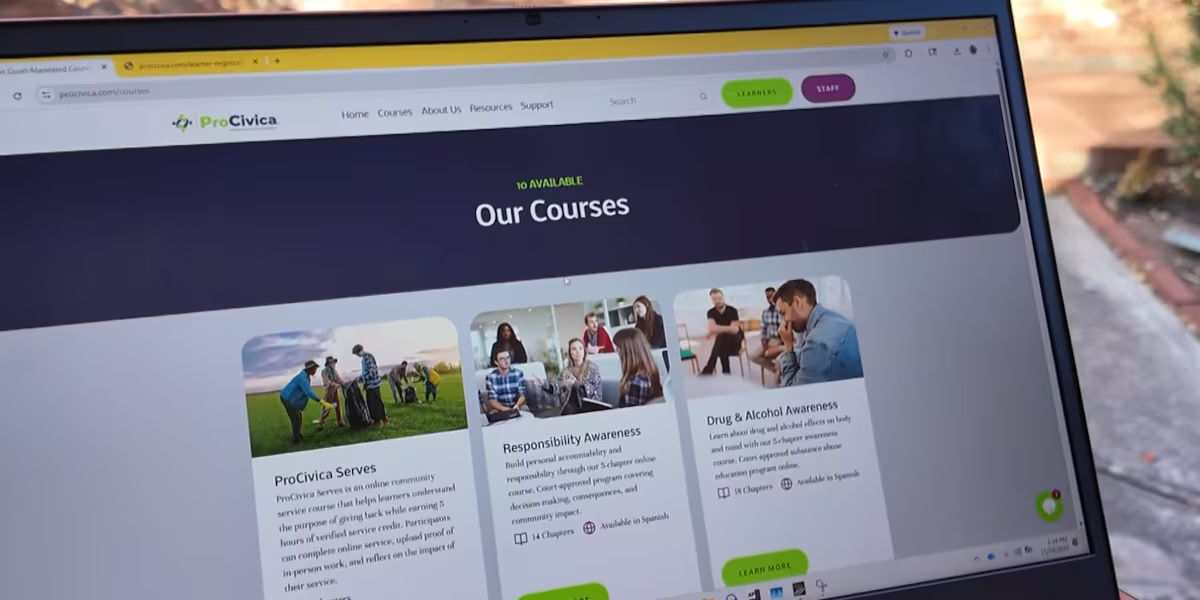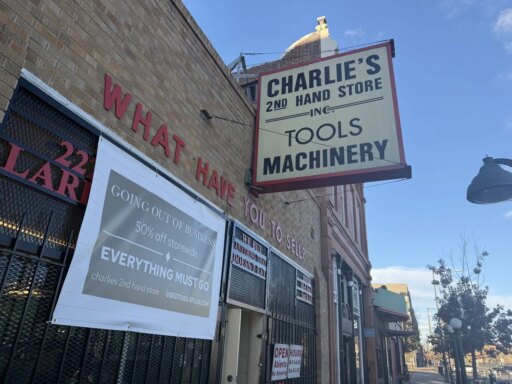ATLANTA, Ga. (Atlanta News First) — In Georgia, more than one in four people they’re released from the justice system end up back in it — a cycle that strains courts, families, and taxpayers. Some judges are now turning to civics-based education programs as a possible way to slow the return of those trends.
Walton County Judge Mike Burke sees the pattern regularly in his courtroom.
“Everything is a gateway,” Burke said. “I’m going to see them more, they’re going to see me more, and every time it gets more serious, more often, more serious, more often until it’s either prison or they’re dead.”
Georgia’s three-year felony reconviction rate is about 27%, according to the Council of State Governments. Each time someone returns to jail, taxpayers spend roughly $23,000 a year to incarcerate them.
Burke said that reality is part of why he focuses on civics and personal responsibility, not just punishment. He uses an online educational program called ProCivica, one of several tools courts are trying as they look for ways to reduce repeat offenses.
Because the program is online, participants can complete the coursework around work, school or family obligations. The classes cover topics like anger management, drug awareness, theft prevention, firearm responsibility and parenting. Burke said the goal is to help people understand how their behavior affects the communities they live in.
“If I do put someone on the program, I’m very wary: Are they working, are they in school?” Burke said. “Then I knock down that fine to afford the program.”
Courts and probation officers use a dashboard to assign courses and track progress in real time.
ProCivica founder Chip Morris said early results are promising. According to company data, roughly 5% of people who complete the program return to court within a year, though Morris said the organization plans to study long-term outcomes as more data becomes available.
“I live in this community. I live in Monroe. I live in Georgia,” Morris said. “I get up every day wanting to improve people’s path.”
Burke emphasized that programs like this are not a cure-all but said they may give some defendants a real second chance — and help ease pressure on a justice system facing high caseloads and limited resources.
Copyright 2025 WANF. All rights reserved.





![How to Analyze Competitor Website Traffic [5 Best Tools]](https://www.dotdesh.com/wp-content/uploads/2025/11/jgswf3y0s9se0zwdjdp9-512x384.webp)
